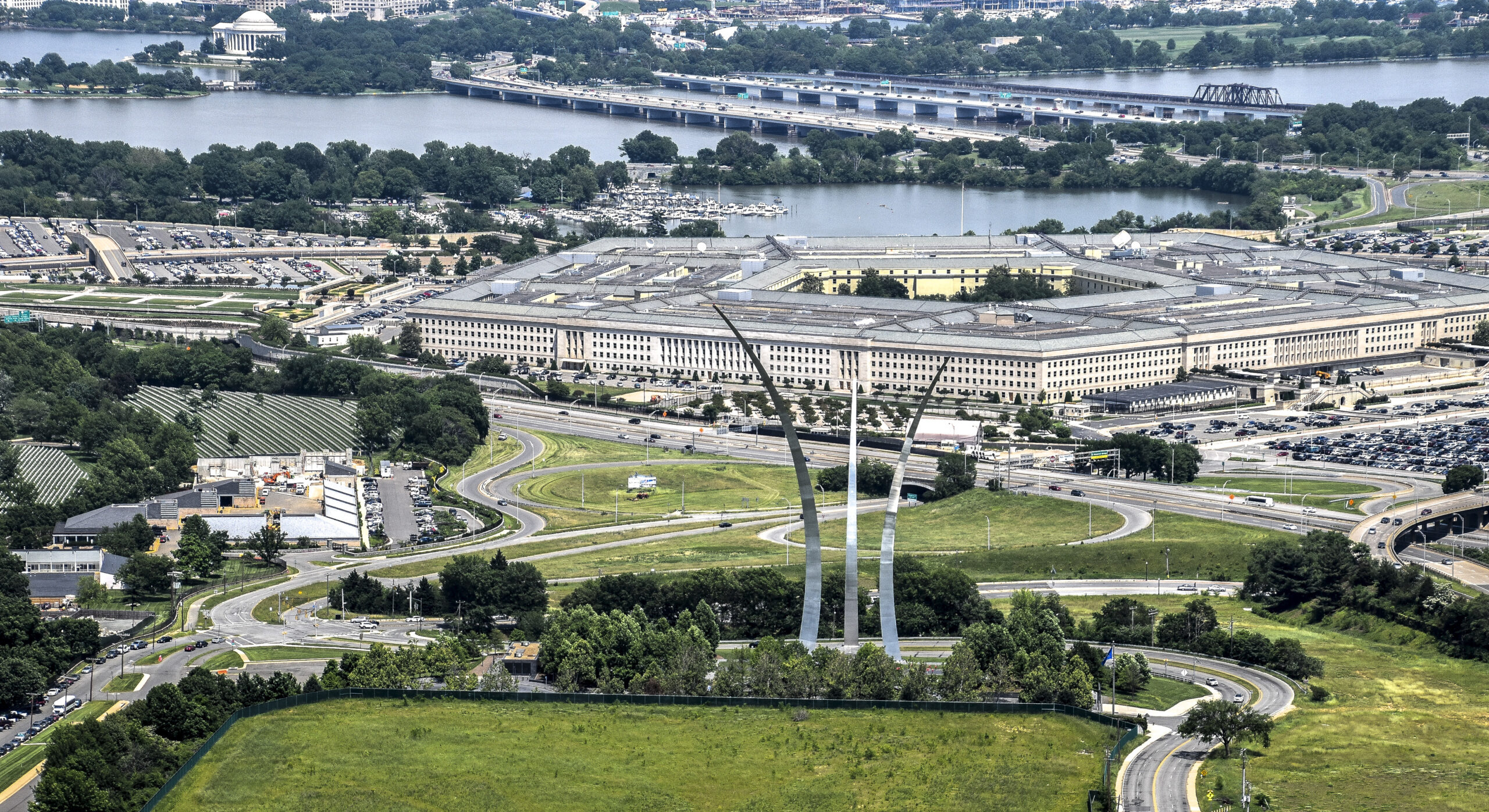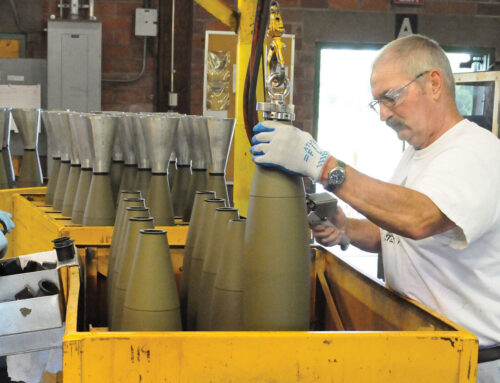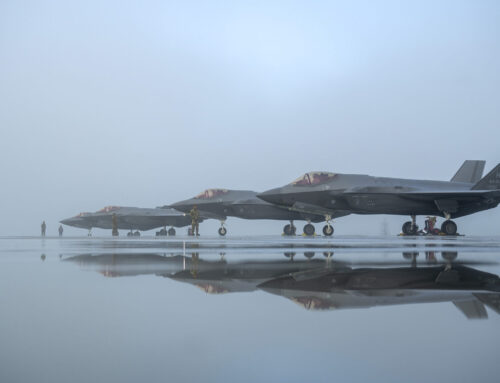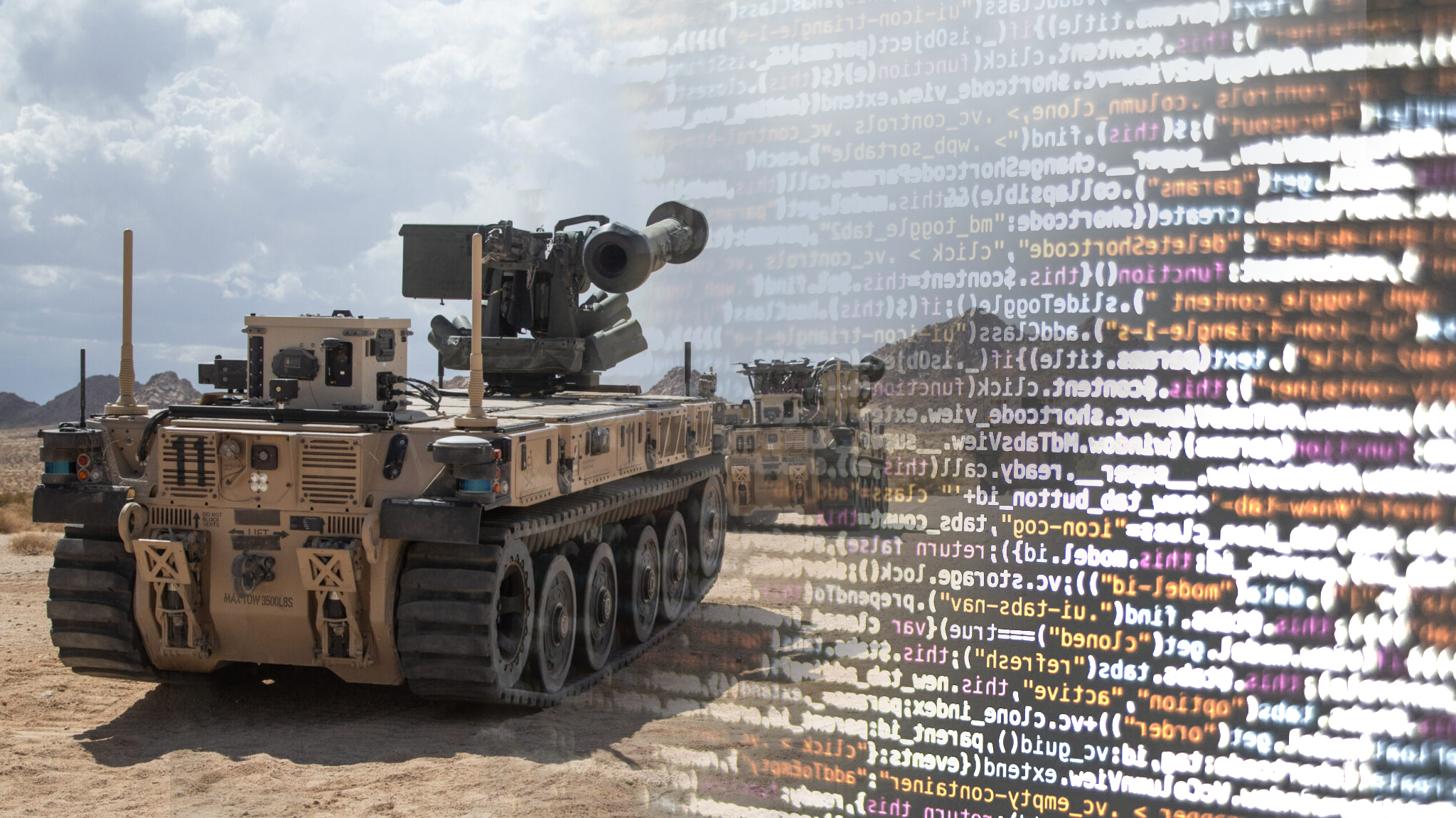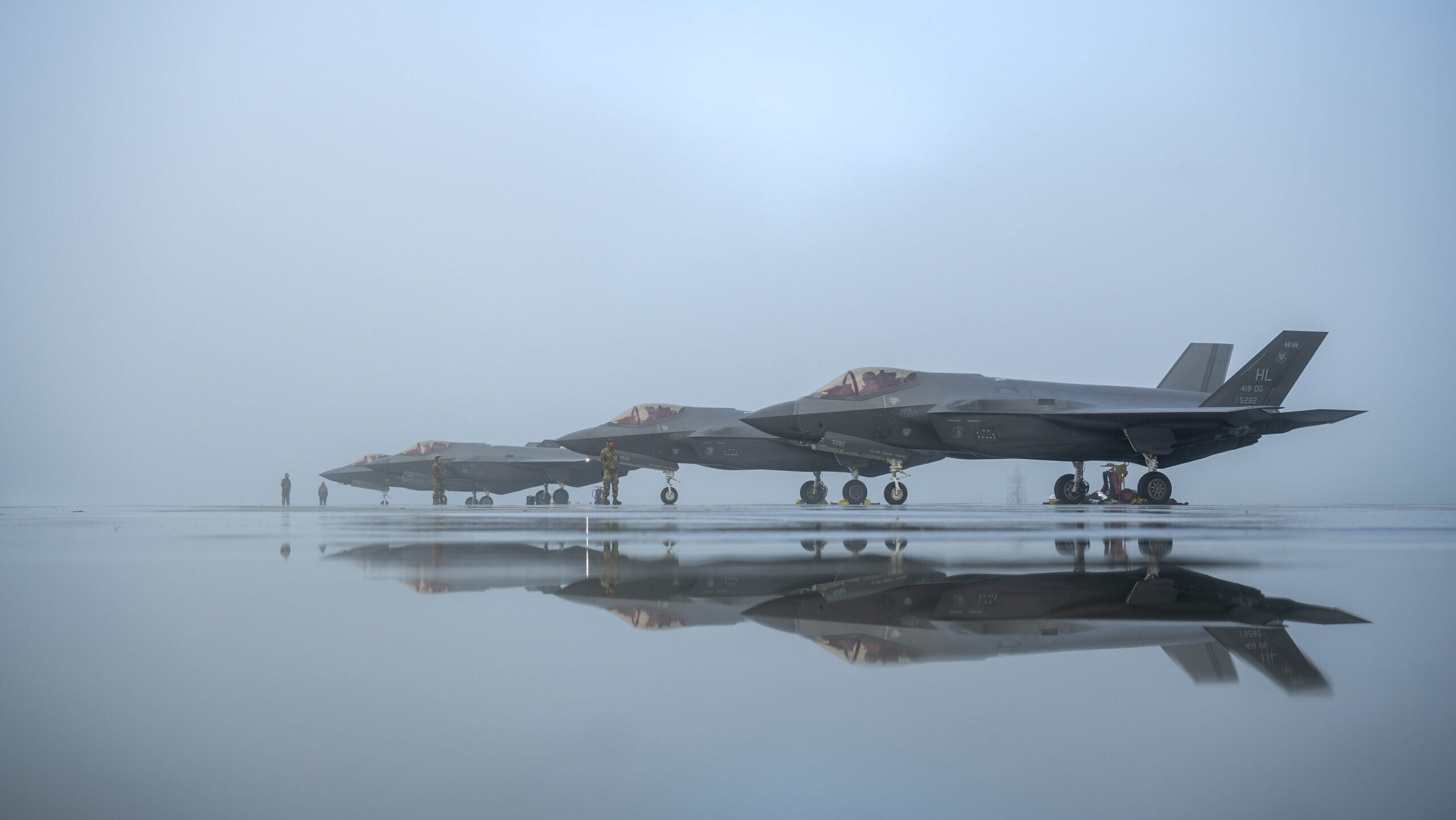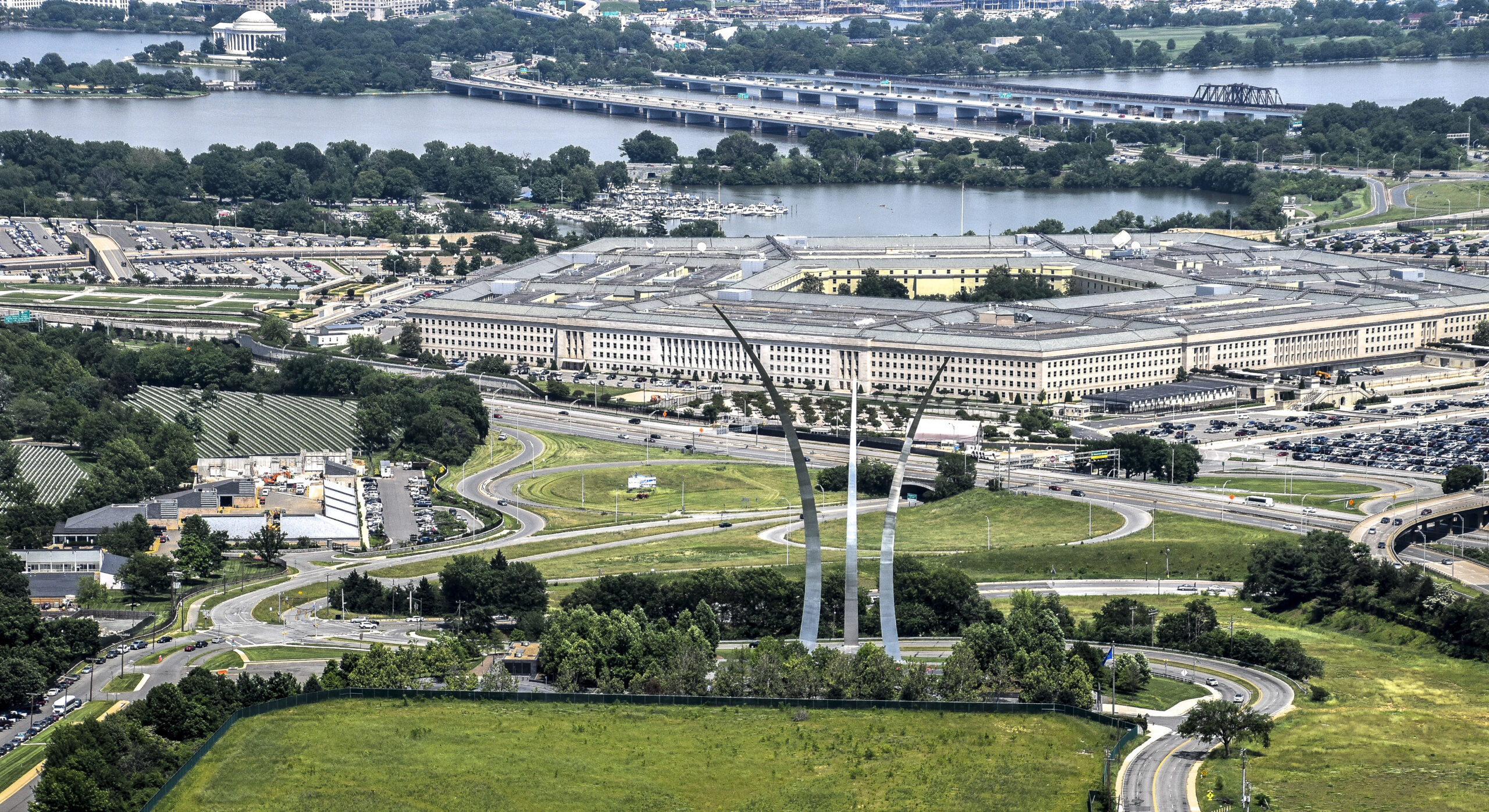
U.S. Army Reserve soldiers receive an overview of Washington D.C. as part of the 4th Annual Day with the Army Reserve May 25, 2016. The event was led by the Private Public Partnership office. (U.S. Army photo by Sgt. 1st Class Marisol Walker)
WASHINGTON — President-elect Donald Trump has made his picks for a handful of top jobs at the Defense Department, including several who served in national security jobs during his first term of office and a billionaire financier for the number two spot.
Trump announced the choices late Sunday, saying the team would “work in conjunction with our GREAT Secretary of Defense Nominee, Pete Hegseth!” — signaling the Trump team is standing by Hegseth, the Fox News host despite allegations of sexual misconduct, which he has denied.
For Hegseth’s would-be deputy, Trump nominated Stephen Feinberg, billionaire investor and co-founder of private equity firm Cerberus Capital Management. Feinberg’s firm, which is active in the defense space, owns Stratolaunch Systems, which provides hypersonic vehicles for testing including to DoD. He also has been a major funder to political organizations backing Trump.
Zachary Krevor, Stratolaunch CEO, told reporters on Dec. 5 that Feinberg would “be a phenomenal choice,” even though Stratolaunch would then face “heavy, heavy conflict of interest rules and precedents put in place such that we will be treated no differently than any other company.”
During Trump’s first term in office, Feinberg headed the President’s Intelligence Advisory Board, which gives private citizens access to classified information so they can assess how the Intelligence Community goes about its normally cloistered business. Dan Coats, Trump’s Director of National Intelligence, told lawmakers in February 2017 that he knew Feinberg “personally” and considered him a “patriot.”
Elbridge Colby, a well-known Washington voice on national security affairs with a long government career, was nominated as DoD undersecretary for policy. Colby, the grandson of Nixon-era CIA Director William Colby, held the position of DoD deputy assistant secretary for strategy and force development from 2017 to 2018. As an analyst at the Center for a New American Security and the Center for Naval Analyses known for his “realist” views, Colby was active on issues surrounding space security — arguing for the US military to build up the capacity to fight a “limited” space war with China and Russia.
Michael Duffey, who served in several roles including at the Office of Management and Budget (OMB) during the first Trump administration, was nominated as undersecretary for acquisitions and sustainment. A former head of the Wisconsin Republican Party, Duffey was reportedly a key figure in Trump’s first impeachment saga as an administration official involved in the freezing of aid to Ukraine.
Emil Michael, a former Uber executive, was tapped to be undersecretary for research and engineering. Michael led the ride-share company’s expansion into Russia and China, negotiating co-investment deals worth billions, according to accounts he’s provided publicly. Michael was linked to controversies while at Uber, including a suggestion in 2014 that the company dig up dirt on reporters critical of the firm, according to a Buzzfeed report. (Michael apologized at the time.) Also in 2014 Michael was appointed by then-President Barack Obama to the Pentagon’s Defense Business Board. According to his website, he also is an investor in or advisor to Elon Musk’s SpaceX.
Joe Kasper, who served at DoD and the Department of Homeland Security during Trump’s first term, was nominated as chief of staff to the secretary of defense. Kasper began his career as an aide to then-Rep. Duncan Hunter, R.-Calif., and left the job in 2017, months after Hunter came under investigation for misusing campaign funds from 2010 to 2016. Kasper was not accused of wrongdoing in that case. (Hunter pleaded guilty in 2019 but was later pardoned by Trump.) Kasper currently serves as managing director at consulting firm Ervin Graves.
Finally, Keith Bass, a retired Navy commander, was nominated as assistant secretary of defense for health affairs. Bass since June 2023 has been medical center director of the West Texas VA Health Care System for the Veterans Integrated Service Network, having previously worked as a senior vice president for business development at GlobalMed, a Vienna, Va.-based provider of telemedicine including for DoD and the Veterans Administration. While not a physician, he also served as the director of the CIA Office of Medical Services.
Valerie Insinna contributed to this report.


